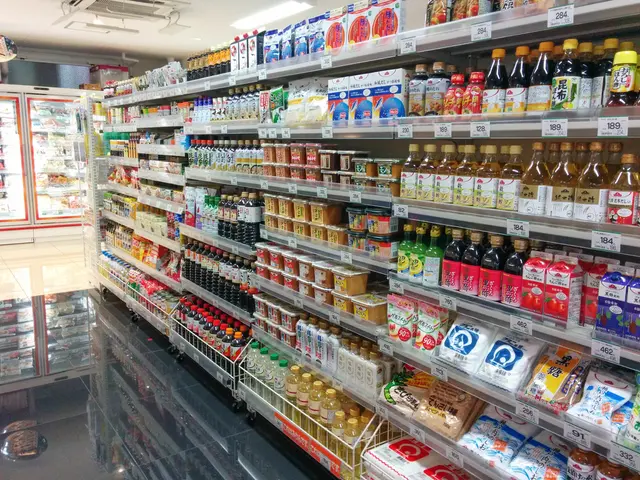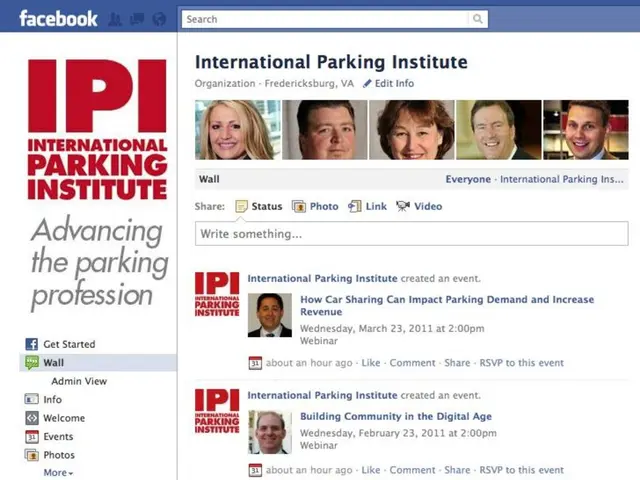China Deploys Tens of Thousands of Uighurs for Labor
** investigate uncovers scale of alleged forced labor of Uighurs in China**
Reports of forced labor among Uighurs in China have surfaced repeatedly. A recent investigation by "Der Spiegel", the "New York Times", and London's "The Bureau of Investigative Journalism" has shed light on the extent of the issue: Thousands of Uighurs are being sent to work in factories across the country under suspected forced labor conditions, with some international companies potentially involved.
The joint investigation identified 75 facilities in 11 provinces where members of the Muslim minority are working. The team reviewed reports from party newspapers, analyzed statistics from provincial authorities, and scrutinized tens of thousands of videos on Douyin, the Chinese version of Tiktok. They reportedly visited two dozen of the facilities.
Some companies that claim to supply German carmakers like BMW, Mercedes-Benz, or Volkswagen were found using Uighur workers, according to the report. The factories have customer relationships with international corporations such as LG, McDonald's, and Walmart. Their products have been traced to Europe, the United States, and other parts of the world in more than 145,000 international shipments.
German anthropologist Adrian Zenz, who has been studying repression in Xinjiang for years, estimated that around 38,000 Uighur workers are transferred to other provinces each year. An expert committee of the International Labour Organization of the UN (ILO) reportedly found "numerous indications that the employment situation of Uighurs and other Muslim minorities in China contains elements of forced measures."
China's embassy in Washington responded to the accusations, stating, "The Xinjiang issue is not at all a human rights issue, but essentially an issue of combating violent terrorism and separatism." The embassy deemed the allegations of forced labor as "nothing but malicious lies invented by anti-Chinese forces."
LG and Walmart did not respond to requests for comment on the situation in the Chinese factories. McDonald's did not address the allegations. BMW stated that there is no "active, direct supply relationship." Mercedes-Benz said that the company "does not tolerate any violations of its business standards." If the allegations are confirmed, appropriate measures, such as terminating a business relationship, will be taken.
Volkswagen told the media that it would investigate whether suppliers in China are using Uighur forced labor. Depending on the result of these in-depth investigations, further steps will be decided, and appropriate measures will be taken if necessary.
Another investigation by the Australian Strategic Policy Institute (ASPI) identified 83 foreign and Chinese companies that allegedly benefited from the use of Uyghur workers outside Xinjiang through potentially abusive labor transfer programs. Companies such as Abercrombie & Fitch, adidas, Amazon, H&M, Nike, and Puma are included. Additionally, forced labor in Xinjiang is linked to the Xinjiang Production and Construction Corps (XPCC), a state-owned enterprise sanctioned by the United States for alleged human rights abuses.
The extensive use of forced labor involving Uyghur workers in China continues to be a matter of concern. Accusations against multiple companies and the alleged involvement of the XPCC highlight the necessity of further investigations and more stringent labor standards to ensure ethical business practices.
- The community and employment policies should address the allegations of forced labor in Chinese factories, which has been exposed by recent investigations involving Der Spiegel, the New York Times, and The Bureau of Investigative Journalism.
- In the context of the ongoing issue with forced labor among Uighurs in China, policymakers must consider the implications for industries such as finance, business, politics, and general-news, especially when these industries are potentially connected to companies that use Uighur workers.
- Crimes and justice sector should collaborate with international organizations like the International Labour Organization (ILO) of the UN to thoroughly investigate the alleged forced labor of Uighurs in China, taking into account their transfer to other provinces, the involvement of major companies, and the link to state-owned enterprises like the Xinjiang Production and Construction Corps (XPCC).








